Understanding and Supporting Complex Neurological Profiles
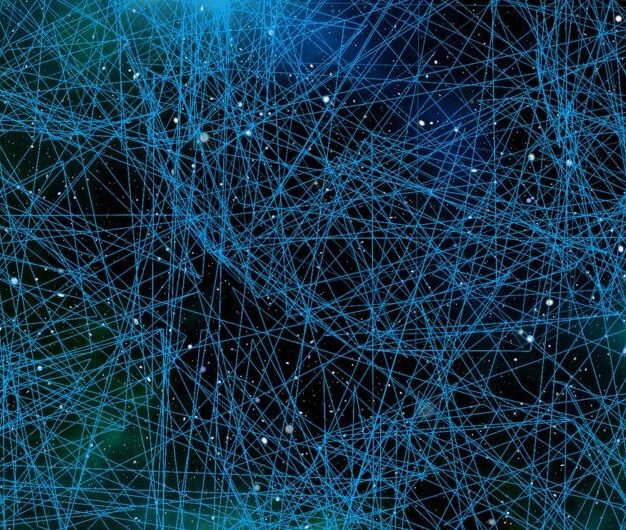
The Reality of Neurodevelopmental Complexity
As we’ve explored in our series on comorbid conditions, neurodevelopmental and neurological differences rarely occur in isolation. Whether we’re discussing the intersection of ADHD and bipolar disorder, autism and OCD, or the complex interplay between physical conditions like Ehlers-Danlos Syndrome and neurodevelopmental differences, one thing becomes clear: human neurology is intricate and diverse.
Common Themes Across Complex Neurological Profiles
Throughout our exploration of various comorbid conditions, several key themes have emerged:
- Diagnostic Challenges: Historically, many of these co-occurring conditions were either misdiagnosed or incompletely understood due to overlapping symptoms and diagnostic criteria that didn’t allow for multiple diagnoses.
- Neurological Interplay: In each case, we see a complex interaction between different neurological systems, creating unique cognitive, emotional, and sometimes physical experiences for individuals.
- Symptom Overlap: Many symptoms can be attributed to multiple conditions, making it crucial to look at the whole person rather than isolated traits.
- Gender and Individual Differences: Across all conditions, we’ve noted that presentation can vary significantly based on gender, individual experiences, and societal expectations.
- Need for Holistic Treatment: Traditional, siloed approaches to treatment often fall short when addressing complex neurological profiles. Integrated, personalized treatment plans are essential.
Rethinking Support and Treatment
Our exploration has highlighted the need for innovative, holistic approaches to supporting individuals with complex neurological profiles. Some key considerations include:
- Personalized Assessment: Tools like qEEG brain mapping can provide detailed insights into an individual’s unique neurological patterns, guiding more targeted interventions.
- Body-Mind Integration: Approaches like Somatic Experiencing and mindfulness-based interventions recognize the deep connection between physical and mental experiences.
- Trauma-Informed Care: Many individuals with complex neurological profiles have experienced trauma, either as a result of their conditions or separately. Trauma-sensitive approaches like Lifespan Integration can be valuable.
- Strength-Based Perspectives: While challenges are real, each neurological profile also brings unique strengths and capabilities. Identifying and nurturing these is crucial for wellbeing.
- Interdisciplinary Collaboration: Complex profiles require collaboration between various specialists, including neurologists, psychiatrists, psychologists, occupational therapists, and others.
The Power of Self-Understanding and Community
Across all the conditions we’ve discussed, two factors consistently emerge as crucial for individual wellbeing:
- Self-Understanding: Learning about one’s own neurological profile can be incredibly empowering, providing context for lifelong experiences and challenges.
- Community Connection: Finding others with similar experiences can provide validation, practical support, and a sense of belonging.
Embracing Neurodiversity in Society
As our understanding of neurological diversity grows, so too must our societal structures and systems. This includes:
- Education: Developing more flexible, individualized approaches to learning that accommodate diverse neurological profiles.
- Workplace: Creating inclusive work environments that recognize and utilize the unique strengths of neurodivergent individuals.
- Healthcare: Training medical professionals to recognize and appropriately treat complex neurological profiles.
- Media Representation: Increasing accurate and nuanced representation of neurodivergent individuals in media and popular culture.
Conclusion: Celebrating Neurological Diversity
The complexity of human neurology is not a problem to be solved, but a reality to be embraced. By understanding and supporting the full spectrum of neurological diversity, we create a richer, more inclusive world for everyone.
For individuals navigating complex neurological profiles, remember: your experiences are valid, your challenges are real, and your unique perspective is valuable. With the right support and understanding, you can not just cope, but thrive.
As we continue to learn and grow in our understanding of neurodiversity, let’s commit to creating a world that celebrates the full spectrum of human neurological experience.
Resources to ADHD Comorbid with Other Disorders
Taproot Therapy Collective (Birmingham, AL)
- Treatments: Brainspotting, EMDR, Somatic Experiencing, Lifespan Integration, Parts-Based Therapy, Trauma Mapping.
- Specialties: Specializes in trauma therapy, PTSD, anxiety, panic, and dissociative disorders. Their therapists use integrative methods to help clients heal from trauma at a deep, somatic level.
- Website: gettherapybirmingham.com
1. Crisis Center Birmingham (24/7 Crisis Line)
- Phone: (205) 323-7777
Provides immediate support for individuals in emotional distress, including suicide prevention, trauma, and mental health crises. - Website: crisiscenterbham.org
2. Rape Response Line (Crisis Center Birmingham)
- Phone: (205) 323-7273
Dedicated to providing support for survivors of sexual assault, available 24/7. - Website: crisiscenterbham.org/rape-response
3. Teen Link (Crisis Center Birmingham)
- Phone: (205) 328-5465
Teen-specific support line for youth in emotional or mental distress. - Website: crisiscenterbham.org
4. National Suicide Prevention Lifeline (Serving Alabama)
- Phone: 988
A national 24/7 suicide prevention hotline accessible to individuals in Birmingham and the rest of Alabama. - Website: 988lifeline.org
5. UAB Psychiatry Emergency Services
- Phone: (205) 934-7008
Provides immediate psychiatric evaluation and crisis intervention at the University of Alabama at Birmingham Hospital. - Website: uabmedicine.org
6. Alabama Domestic Violence Hotline
- Phone: 1-800-650-6522
24/7 support for individuals experiencing domestic violence, available statewide, including Birmingham. - Website: acadv.org
7. Birmingham AIDS Outreach Crisis Line
- Phone: (205) 322-4197
Provides crisis support for individuals affected by HIV/AIDS, including mental health services and support for LGBTQ+ communities. - Website: birminghamaidsoutreach.org
8. Alabama 2-1-1 Call Center
- Phone: 2-1-1
A statewide information and referral line connecting individuals to crisis support services for housing, food, mental health, and substance abuse issues. - Website: 211connectsalabama.org
9. Jefferson County Family Resource Center Crisis Line
- Phone: (205) 945-6000
Provides crisis intervention, including family support, domestic violence resources, and mental health services. - Website: jcfrc.org
10. Veterans Crisis Line (Serving Birmingham)
- Phone: 988 (Press 1)
A specialized crisis line for veterans experiencing emotional distress, available nationwide and locally. - Website: veteranscrisisline.net
- Phone: (205) 323-7777
LGBTQ+ and Poly-Friendly Support
Magic City Acceptance Center (MCAC)
LGBTQ+ youth programs, adult support groups, and community events in Birmingham.
Website: mcacbham.org
Birmingham LGBTQ+ Circle of Healing
Support groups for LGBTQ+ individuals focusing on mental health and holistic wellness.
Contact through Magic City Acceptance Center.
Inclusive Therapists
Directory of therapists in Birmingham and Hoover specializing in LGBTQ+ and poly-friendly care.
Website: inclusivetherapists.com
PFLAG Birmingham
LGBTQ+ support groups for families and friends of LGBTQ+ individuals, offering mental health and advocacy resources.
Website: pflaga.org/birmingham
Steel City Spectrum
Provides support and resources for the transgender and gender-nonconforming communities in Birmingham.
Website: steelcityspectrum.org
Free & Low-Cost Therapy and Counseling
Impact Family Counseling (Birmingham, AL)
Provides sliding-scale counseling services for trauma, anxiety, depression, and family therapy.
Website: impactal.org
Firehouse Shelter (Birmingham, AL)
Offers mental health services and crisis support for homeless individuals in the Birmingham area.
Website: firehouseshelter.com
Pathways Birmingham
Women’s shelter offering mental health and trauma support for homeless women and children.
Website: pathwayshome.org
United Way of Central Alabama
Offers access to free or low-cost mental health counseling and crisis intervention through partnerships.
Website: uwca.org
BridgeWays Alabama
Offers family and youth counseling, including trauma recovery, on a sliding fee scale.
Website: bridgewaysalabama.org
Holistic & Alternative Therapy Centers
Taproot Therapy Collective (Birmingham, AL)
Offers holistic mental health services like Brainspotting, EMDR, and somatic trauma therapies.
Website: gettherapybirmingham.com
Birmingham Wellness Institute
Focuses on alternative healing practices such as yoga therapy, mindfulness, and EMDR.
Website: bhamwellness.com
Sojourn Counseling (Hoover, AL)
Provides integrative counseling with a focus on EMDR, trauma work, and mindfulness.
Website: sojourncounseling.com
Red Mountain Therapeutics (Birmingham, AL)
Offers somatic therapies, acupuncture, and integrative emotional healing for trauma recovery.
Website: redmountaintherapeutics.com
Shanti Healing Arts Center (Birmingham, AL)
Focuses on trauma-sensitive yoga, meditation, and holistic therapies for emotional and mental health.
Website: shantihealingarts.com
Lifespan Integration & Trauma Mapping
Birmingham Counseling Associates
Provides Lifespan Integration therapy for complex trauma and PTSD.
Website: bhamcounseling.com
Lifeline Counseling (Hoover, AL)
Trauma-informed care specializing in Lifespan Integration and Somatic Trauma Mapping.
Website: lifelinehoover.com
River Oaks Counseling
Offers Lifespan Integration and other trauma-focused therapies for PTSD and dissociation.
Website: riveroakscounseling.com
Emotional Wellness Counseling
Provides Lifespan Integration therapy and somatic trauma work.
Website: emotionalwellnesshoover.com
qEEG Brainmapping and Neurofeedback Resources
Focus-MD Birmingham
Specializes in ADHD treatment and qEEG brain mapping for neurodevelopmental disorders.
Website: focus-md.com
Birmingham Neurofeedback Clinic
Provides qEEG brain mapping and neurofeedback for trauma, anxiety, and ADHD.
Website: birminghamneurofeedback.com
Alabama Neurofeedback
Offers qEEG brain mapping and neurofeedback to improve brain function and emotional regulation.
Website: alneurofeedback.com
Covenant Neuropsychology
qEEG brain mapping services for trauma-related symptoms and neurological issues.
Website: covenantneuro.com
Psych Wellness South (Hoover, AL)
qEEG and neurofeedback services to treat anxiety, ADHD, and trauma.
Website: psychwellnesssouth.com
Poly-Friendly & Non-Monogamy Support
Inclusive Therapists
Directory for poly-friendly and non-monogamy affirming therapists in the Birmingham and Hoover areas.
Website: inclusivetherapists.com
Birmingham LGBTQ Circle of Healing
Offers support for polyamorous and non-monogamous relationships.
Contact through Magic City Acceptance Center.
Alabama Polyamory Network
A supportive community providing mental health resources for polyamorous individuals.
Contact via Meetup: meetup.com/polybirmingham
New Hope Counseling
Poly-friendly therapy services, offering support for non-traditional relationships.
Website: newhopecounselingbham.com
Open Counseling Birmingham
Provides mental health counseling for those in polyamorous or open relationships.
Website: opencounseling.com
Youth & Family Services
Oasis Counseling for Women and Children
Provides trauma therapy, parenting support, and family counseling.
Website: oasiscounseling.org
Children’s Aid Society of Alabama (Birmingham)
Family and individual counseling, including trauma services for children.
Website: childrensaid.org
Aletheia House
Mental health and substance abuse services for families, including trauma recovery programs.
Website: aletheiahouse.org
Big Brothers Big Sisters of Greater Birmingham
Offers mentorship and emotional support for at-risk youth.
Website: bbbsbhm.org
The Exceptional Foundation
Provides support for children and adults with special needs, including mental health resources.
Website: exceptionalfoundation.org

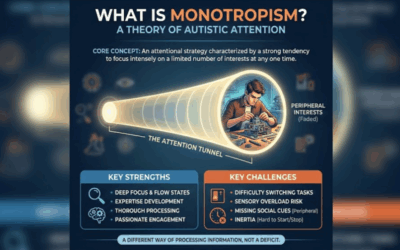

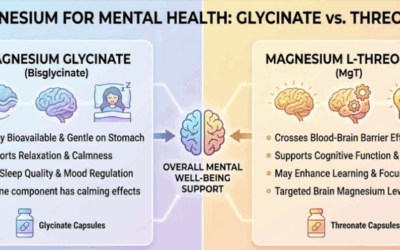
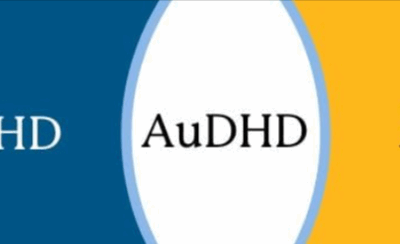
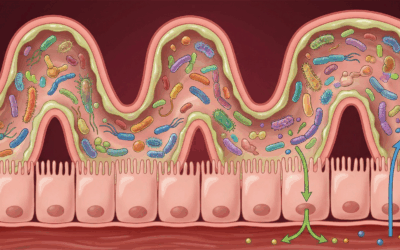
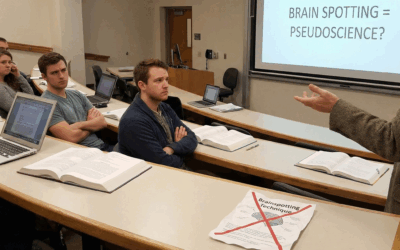
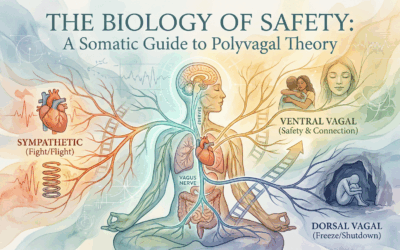
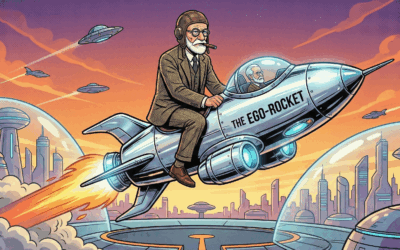
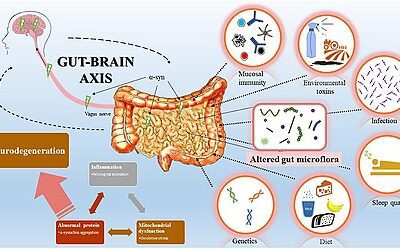






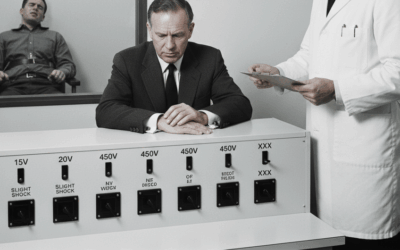
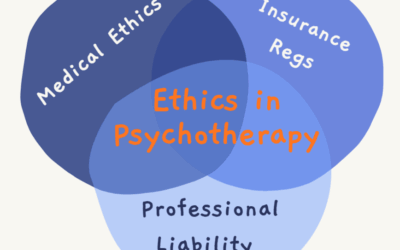
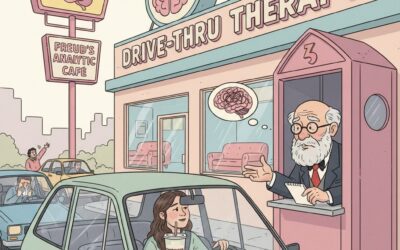







0 Comments